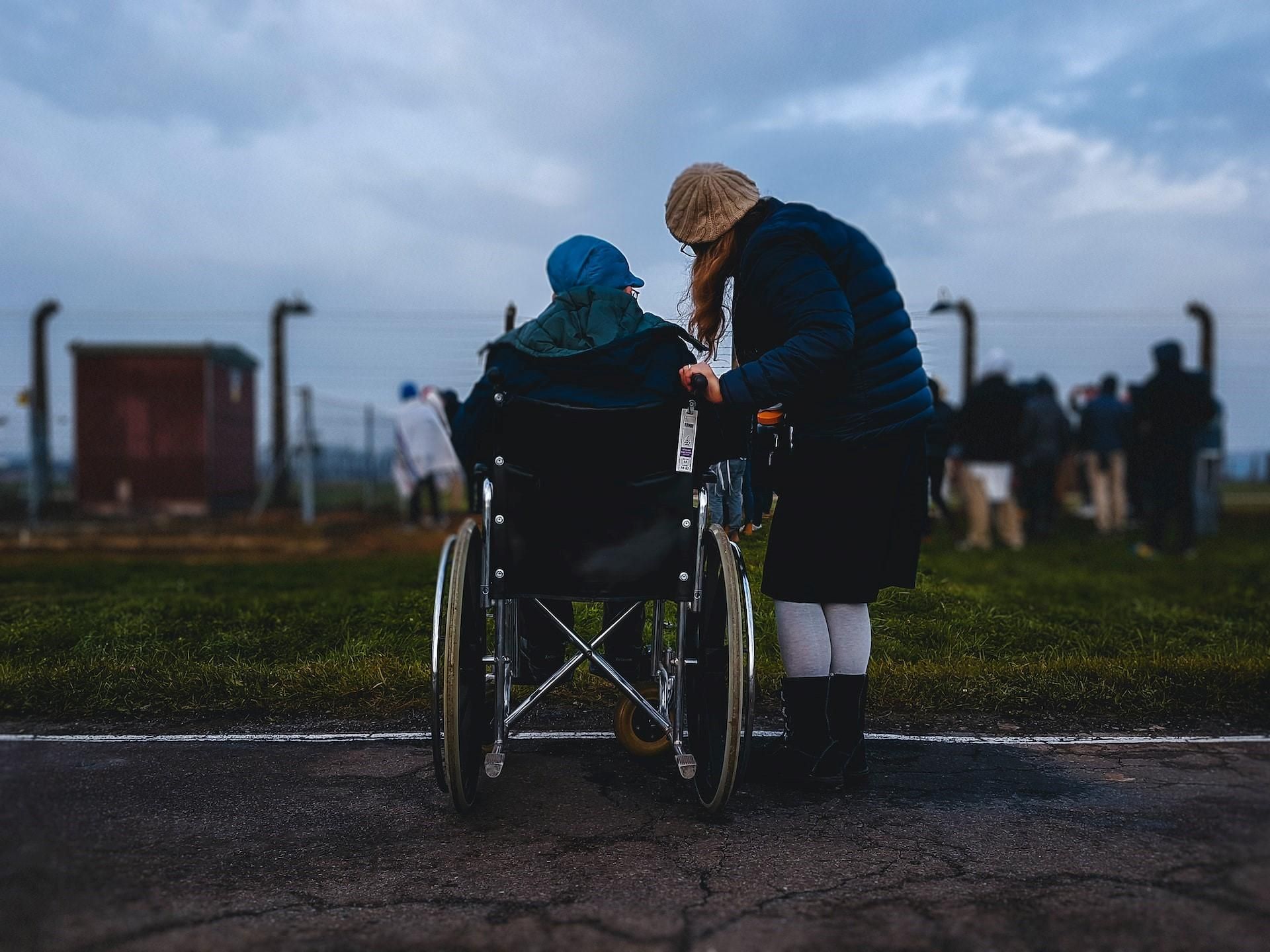To achieve its goals, the NDIS employs two types of supporters - support coordinators and psychosocial recovery coaches. These two have different roles, as described in the following sections.
What is the Role of a Support Coordinator?
The primary role of a support coordinator is to connect their client to support plans and ease them into relevant community groups. This helps the disabled to shun the stigma associated with their condition.
After establishing the necessary connections, the support coordinator proceeds to support the design. This step involves the development of support solutions to suit the client's specific needs.
The next step is support establishment. Here, the coordinator ensures that the design formulated in the previous step is implemented. The ultimate goal is to ensure that disabled clients receive funding from the NDIS and uses it to improve their lifestyle and the conditions of their caregivers and families.
Once the client receives financial support and starts plan implementation, the coordinator coaches them to see through challenges. During this phase, the coordinator helps the participant review the progress and prepare a report.
If a client needs more support than standard participants, the NDIS will assign a specialist support coordinator. As the name suggests, these individuals are closer to their clients, offering help whenever special challenges arise.
The role of an NDIS psychosocial Recovery Coach
What does an NDIS psychosocial recovery coach do? Psychology recovery coaches are relatively new, having been introduced to the NDIS in July 2020. Like support coordinators, recovery coaches aim to improve the living conditions of people with disability, their families, and their caregivers.
However, recovery coaches better understand mental illnesses and the disabilities resulting from such conditions. As such, they are more suitable for offering emotional and psychological support.
The primary objectives of recovery coaches are to empower and support disabled people to make independednt decisions, live a meaningful and satisfying life, and contribute to their communities. A conclusion of whether the participant recovers from their mental disorder or learns to live with it must be made.
Additionally, coaches assist individuals in developing their strengths and becoming responsible for their lives and well-being. This is vital to creating a positive mindset, which sets the pace for achieving one's individual goals.
Coaches use a unique approach called recovery-oriented practice. It recognises the uniqueness of every individual and acknowledges that participants know themselves better than anybody else. As a result, this approach encourages coaches to create support plans that suit an individual's emotions, experiences, and situations.
It's worth noting that the recovery-oriented approach isn't effective for physical disabilities. This explains why the NDIS exclusively assigns recovery coaches to individuals whose challenges result from mental illness.
Recovery coaches help clients attain their best through positive and hope-based support planning. They recognise the inconsistent nature of psychosocial disability – a participant might show improvement for a week, only to relapse a few days later.
Due to the detail level involved in recovery coaching, coaches are mostly people with lived-in experience.
Wrapping Up
The NDIS is committed to helping Australians with disabilities to live comfortably and feel valued by others in society. Support coordinators are ideal for handling people with general disabilities. At the same time, psychosocial recovery coaches are suited for dealing with individuals with mental illnesses, such as bipolar disorder, clinical depression, OCD, etc.




















 sunrise
StableDiffusion
sunrise
StableDiffusion
 bonfire friends
StableDiffusion
bonfire friends
StableDiffusion
 sadness
StableDiffusion
sadness
StableDiffusion

 purple skies
StableDiffusion
purple skies
StableDiffusion

 true love
StableDiffusion
true love
StableDiffusion
 My Cheerleader
StableDiffusion
My Cheerleader
StableDiffusion
 womans transformation to happiness and love
StableDiffusion
womans transformation to happiness and love
StableDiffusion
 future life together of adventures
StableDiffusion
future life together of adventures
StableDiffusion

















